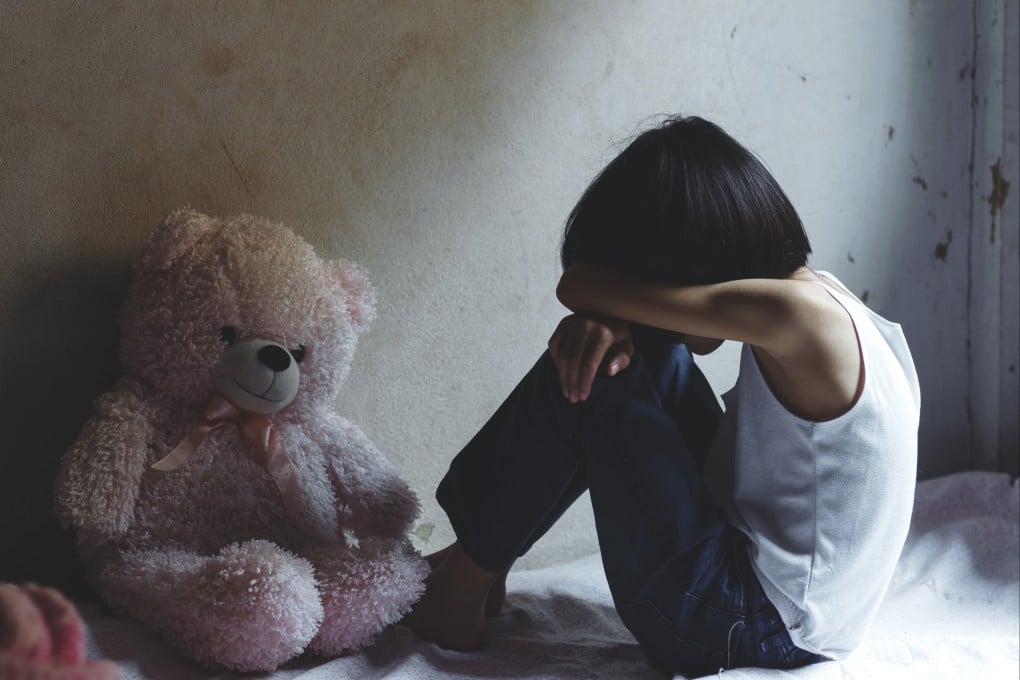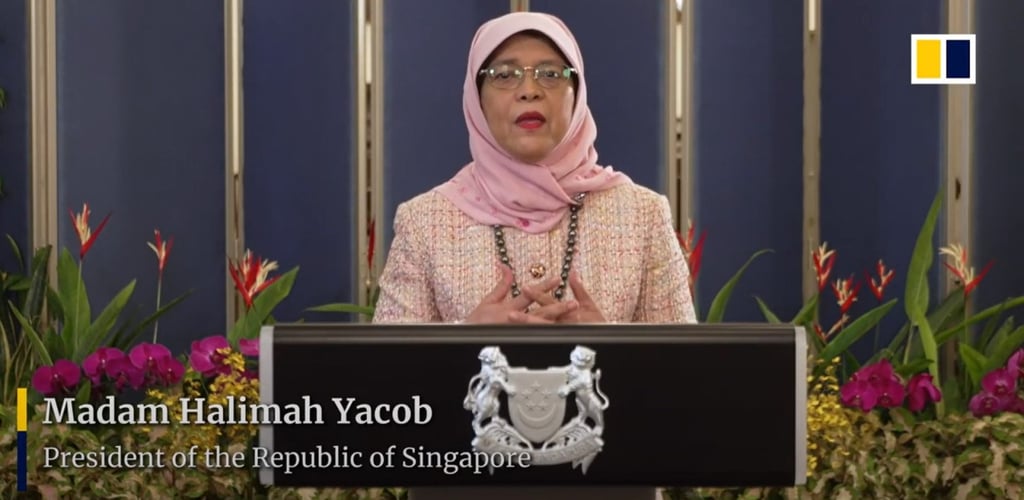Advertisement
As I see it | Singapore debates caning older rapists. ‘Proportionate’ or an ‘inherently violent idea’ that’s bound to backfire?
- President Halimah Yacob thinks men aged over 50 who commit rape shouldn’t be spared a caning, as they are currently under Singapore’s laws
- Her remarks sparked a debate on corporal punishment in the city state. But could it also spur a wider rethink on how to deal with criminals?
Reading Time:3 minutes
Why you can trust SCMP
4

Dewey Simin Singapore
A call for Singapore to raise the maximum age that criminals can be caned – currently 49 – after a spate of cases involving rapes of children in their own homes has raised fresh questions over how the country responds to crime.
President Halimah Yacob sparked a debate last week when she proposed that rapists “should not be spared the cane” just because they are 50 or older, and urged for a review of the law that prevents older men from being sentenced to corporal punishment.
She called it “ironic” that such people “could escape from the pain caused by caning despite the lifetime of severe trauma and irreparable damage” that they had caused, noting that some historical rapes were only reported after the perpetrator had reached 50.
Advertisement
Truly, Singapore’s recent string of intra-family rape cases is – in the president’s words – “highly disturbing and sickening”.

Earlier this month, a 54-year-old man was sentenced to about five years in jail for repeatedly molesting his daughter over the course of six years from age 10.
Advertisement
Advertisement
Select Voice
Choose your listening speed
Get through articles 2x faster
1.25x
250 WPM
Slow
Average
Fast
1.25x
